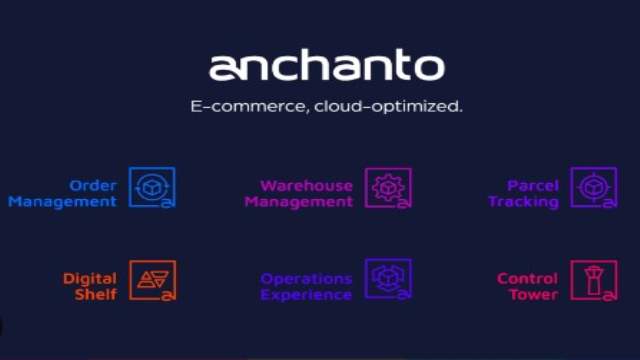Why did the developer use the Postman alternatives platform?
Postman has become a haven for developers working on APIs. We must keep in mind that more and more developers are searching for other solutions besides Postman. In other words, developers are discovering Postman alternatives with the same functionalities. Let’s get to know why the programmers are doing this shift and what advantages they are getting from using these alternative platforms.
First of all, the majority of developers nowadays turn to developing applications because of the money. Postman provides a free version; however, the key features require a professional plan. People can save their money if the added cost is cheaper or free at all. It is a great benefit. This would solve the problem of developers having to spend money on tools to get their work done and save money while at it.
-
Cost-Effectiveness
The primary reason most developers are resorting to cheaper substitutes for Postman is economic. Postman is not a free web app; it is rather an app that has paid subscriptions for some of the advanced features. Unlike the traditional marketplaces, which hit their users with expenses that are more than they can afford, the alternative platforms offer similar functionalities at a lower rate or even have robust feature-rich free tiers that can accomplish most developers’ needs.
-
Open-Source Flexibility
Since Postman is a proprietary product, this implies that Postman end users are restricted in their functionalities. This relates to the areas of customization and extensibility. Open or highly customizable platforms, on the other hand, are used as building blocks. Developers use them as a means to create applications that serve their unique needs and particularities. The attribute that is greatly appreciated in the development sphere is flexibility.
-
Integration Capabilities
The current software development process, as usual, integrates nicely with other toolkits and systems. The competitors of the Postman platform understand the importance of compatibility, and therefore, they integrate with most of the development tool suites, version control, continuous integration/continuous delivery (CI/CD) pipelines, and even internal tooling. This process of centralized integration, as opposed to many complicated integrations, allows for much faster speed and cohesion between teams of developers.
-
Performance and Scalability
Development in projects scales up, and APIs become more and more complicated, thereby increasing the need for tools that can meet expanded performance demands. Some Postman alternative solutions are better in terms of strengths in optimization and feature scalability, with their users being able to serve large datasets and balance the API requests concurrently.
-
Community Support and Documentation
Developer communities and comprehensive documentation are helpful tools when it comes to creating any software tool. A good Postman replacement that will provide a strong platform for the community and deliver widely accessible, user-friendly documentation will enable developers to make quick diagnoses of problems, reveal new knowledge, and collaborate. It is this community involvement that may influence the developer’s perception of their job.
Conclusion:
In summary, the common reasons behind the examination of alternatives to postman can be attributed to affordability, open-source flexibility, integration ability, performance, scalability, and community service. Embracing these options allows for the establishment of workflows for API development and testing that fit the individual requirements and styles of a developer. With the development environment being continuously dynamic, it is essential to acknowledge and tap into the plethora of alternatives that go beyond Postman, which provides a new space for creativity and efficiency in software development.






